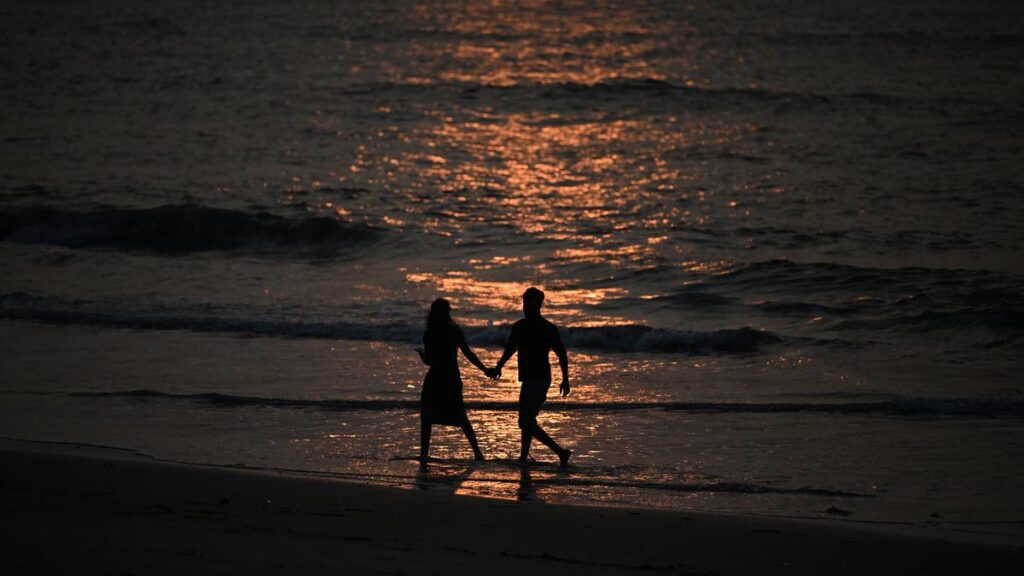
Supreme Court-appointed Amicus Curiae Indira Jaising submits that consensual sex between 16-18 year olds should not be criminalised under POCSO Act. Photo for representational purpose.
| Photo Credit: Thulasi Kakkat
Supreme Court-appointed amicus curiae and senior advocate Indira Jaising has argued that consensual sexual acts by teenagers, aged between 16 and 18, in voluntary relationships cannot be classified as “abuse” or prosecuted as a crime.
The written submissions filed by Ms. Jaising in the apex court is part of a petition filed by advocate Nipun Saxena dating back to 2012. The amicus’s brief has challenged the age of pegged at 18 years by the enactment of the Protection of Children from Sexual Offences Act, 2012 (POCSO) to the extent that it works to criminalise “consensual sexual activity between children between the age of 16-18”.

“The only solution lies in declaring that sex between consenting adolescents between the age of 16, an almost universal age of sexual maturity, and 18 is not a form of ‘abuse’,” Ms. Jaising’s submissions said.
The senior advocate, who was India’s first woman Additional Solicitor General of India, said the exemption for consensual sexual acts between individuals in this age group must be read into the POCSO Act and also Section 375 (rape) of the Indian Penal Code and its corresponding provision, Section 63, of the Bharatiya Nyaya Sanhita (BNS).
Definition of ‘child‘
She submitted that the word ‘child’ in Section 2(d) of POCSO should not include individuals aged between 16 and 18 who engage in consensual sexual activity.
“Without reading down the statutory age of consent set at 18, it is prayed that the Supreme Court read into the impugned provisions a ‘close-in-age exception’, applicable when both parties to the sexual act are adolescents between the ages of 16 and 18 and the sexual act is consensual. Such an exception would preserve the protective intent of the statute while preventing its misuse against adolescent relationships that are not exploitative in nature,” Ms. Jaising reasoned in her submissions prepared with the assistance of advocates Paras Nath Singh, S. Sherwani, Rohin Bhat and R. Sinha.

‘No reason to increase age for consent to 18 years’
The case in question contains a challenge against the increase of age of consent from 16 yeats to 18 years through the Criminal Law (Amendment) Act, 2013.
“The age of consent was static at 16 for 80 years. No rational reason has been indicated for the increase, nor is there any data to suggest that the age of consent required any increase. The BNS has also kept a legislative scheme similar to the one in the Criminal Law Amendment Act,” the amicus curiae submitted.

She argued that the increase in the age of consent violated the right to autonomy of children between the ages of 16 and 18 who have the ability to give mature consent to sexual activity, having regard to the fact that they have attained puberty giving rise to sexual awareness.
“Scientific research indicates that adolescents are attaining puberty sooner than they did several years ago and puberty as we know, is the age of awakening of sexual awareness. It is the age during which there is a natural attraction between the sexes and the development of sexual relationships of choice. Hence, to criminalise such an activity rather than addressing the issue of sex education, is arbitrary, unconstitutional and against the best interests of children as defined in law,” the submissions contended.
Published – July 25, 2025 05:13 pm IST


